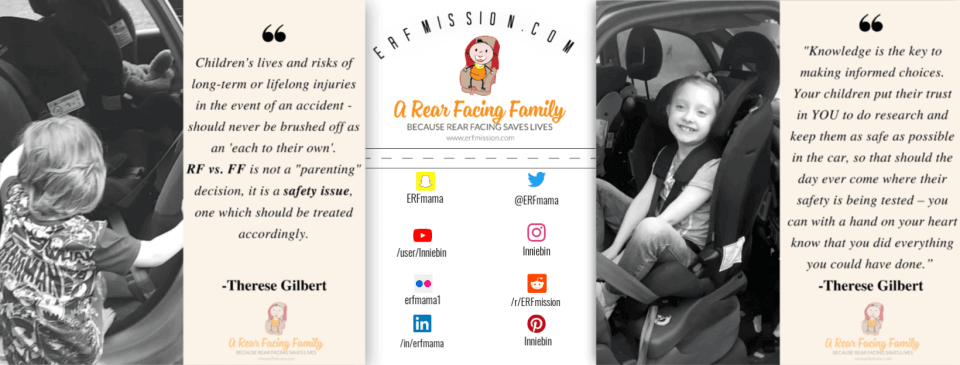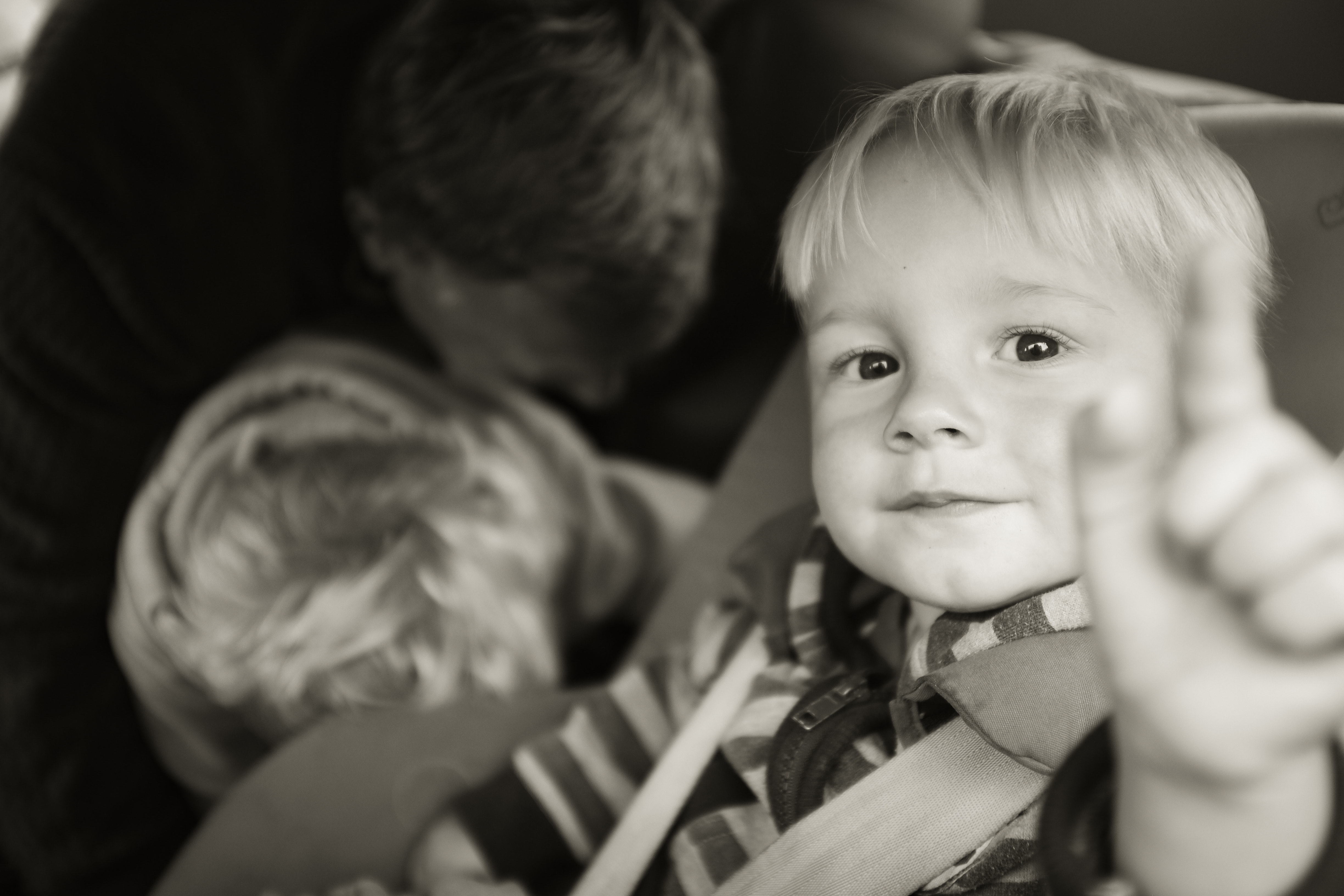Finding the best family car for your needs comes with many challenges and considerations. There are so many different types of vehicles now that it can often seem impossible given all the choices. Whether it’s a small hatchback for city use, a large SUV for a big family or even a pickup truck for utility, there are countless choices and models to pick from.
If you’re not huge on cars, then it can be even more difficult to pinpoint the right vehicle for your needs. So in this article, we’re going to talk about the different types of family cars that are available and how you can pinpoint your needs to pick out the perfect car for your budget and requirements.

The number of children you plan to have
When you’re thinking of purchasing a family car, keep in mind that the first consideration needs to be how many children you plan to have. Do you plan to have just one child, or are you still undecided? Do you currently have one child already and you want them to have siblings, or are you set on just having two? The number of children you have will drastically change the type of car you purchase, so keep this in mind first.
The types of car available
There are several different types of car that are available to buy as family cars.
- Hatchbacks are stylish cars that can range in sizes. They’re typically sold as three or five-door, so they’re great for average-sized families and can carry a decent amount in the trunk. Hatchbacks typically have large trunk doors as well, making it easy to load groceries or even a pet. Rear seats can be folded as well, making it suitable for carrying larger objects but only if you don’t plan to have kids in the back. If you do, then you might be better off getting a larger car. However, hatchbacks are perfect for city life and are easy to move around due to their size.
- Estates can be seen as larger hatchbacks. They offer more space and a larger body, but they can be more challenging to drive due to their sizes. If you imagine all of the advantages of a hatchback but in a larger size, then estates are a perfect choice. While driving them is challenging compared to the agile nature of a hatchback, they’re definitely more versatile.
- MPVs or people carriers are larger and are able to carry more people. They’re a little boxy so they aren’t great looking, but they do offer plenty of space that can easily make up for the extra price. There are cheaper people carriers around (especially if you look at used dealerships) which can make this a fantastic choice for large families.
- SUVs are much larger and versatile. They pack plenty of punch but they’re also fairly expensive compared to other options. However, they do have the advantage of raised seats (something MPVs also have) that can reduce travel sickness in children should it be a potential concern.
- Pickups are more rugged than most vehicles. They’re bulky, carry large loads and are fantastic for when you think you’ll be carrying around a lot of people or items. They’re different to SUVs and people often confuse the two, but they’re great for a variety of use cases and are definitely recommended.
Whatever you pick, make sure it fits in line with what you’re looking for. The types of car available are varied, which makes it even more important to invest your money wisely.
Seating options
If you’re expecting children soon then you’ll need to consider seating options. Most cars will need to be fitted with booster seats to make it safer for your kids. However, we find that it’s often easier to fit child seats onto raised seats in SUVs and larger cars. It also gives your kids a “raised” seat which helps to reduce travel sickness. Combined with a booster seat and raised stadium seats of a larger car, your child will experience less sickness and will have a much easier time travelling.
Make getting in and out easier
Since it’s going to be a family car, make sure your vehicle has large doors if possible. Going for a five-door car is recommended, but if you’re unable to afford a larger vehicle or if you’re restricted by other factors, then try and make sure that the car you buy at least has large doors. This is because your kids will eventually grow bigger and taller, and this will mean ferrying around adult-sized passengers to school, to visit their friends and so on.
Large doors will make this a much easier task and you’ll have fewer problems when it comes to fitting more people inside. It also makes installing booster seats easier because you have more room to reach into the vehicle, and it makes packing up your pushchair and fitting it in the vehicle easier.
Large storage space
We also can’t forget about having a lot of storage space. If you plan to do grocery runs with the kids theN you might want a car with a lot of extra space that doesn’t require you to fold down the seats to access a larger boot. However, if you don’t plan to do a lot of shopping, then it might better to save money and get a smaller, more agile car.
If you plan to visit furniture stores, carry lots of shopping (a week’s worth or more for a family of four, for instance) then a large vehicle is definitely recommended. In fact, if you plan to travel a lot and take your kids camping or out into the wilds for bike rides and hikes, then we’d actually recommend an SUV or even a pickup. These are larger utility vehicles that have plenty of extra space for things like bikes and camping equipment, and they’re much more useful than smaller cars when it comes to versatility.
However, we do need to stress that SUVs and pickups are bulkier, larger and often difficult to store. You’ll typically need a large parking space or garage to store a pickup or SUV and maintaining them can take a bit more effort. You might also need to purchase extra additions if you buy a pickup. For instance, if you want your pickup bed to be covered or to be able to support extra seats, then you may need to slightly modify the vehicle. If it’s space you’re after, then it’s a good idea to look at an SUV or a pickup for the added versatility and flexibility.

Picking the right dealership
There are plenty of companies around such as West County Volvo that can offer great financing deals on all sorts of cars. However, it’s always a good idea to shop around for financing deals on the internet and at local dealerships.
You’ll often get a better deal on vehicles that are new because they come with lower interest rates and insurance prices might change drastically. In general, purchasing a car comes with many financial considerations, so keep an eye on your wallet and make sure you’re always shopping around for a better deal.
We’d always recommend comparing a new car to a similar used model. You might not find the most recent car models available in a used dealership, but you can still compare newer models to an older one. Take into consideration things like the deposit, the interest fees and also insurance. Some insurance companies prefer newer cars because they come with more safety features and are newer, meaning there’s less chance of them ending up in an accident. However, insurance also depends on your ability to drive, which is why the cost of a car and trying to compare new vs used varies depending on the individual’s driving ability.
If possible, speak to friends and family members for recommendations on dealerships. Family cars can be expensive to operate because you’ll typically be using them on a regular basis, but it can be inexpensive if you approach it the right way.
Final words
Getting yourself a family car requires a lot of research, but it can easily be done with the right help. Always look for better deals and consider your financial options. Look at how each car works, the advantages, security features and so on to help you make a good investment in your car. You ultimately want to end up with a practical vehicle that doesn’t slow you down and fits around your lifestyle.
It may take a while to realize what type of vehicle you’re looking for, but hopefully, this guide has given you a good idea of where to start. It’s also a good idea to look for advice from friends and family members who already have family cars. They’ll often be able to tell you what they regret about their vehicle, the advantages and what they could do differently if they had a chance to replace their vehicle.

Therese has completed the ‘Advanced Child Car Seat Training Course’ at TRL (Transport Research Lab) and is a CPD accredited car seat expert. She blogs about in-car safety, car seats, tips, reviews, giveaways and advice. She’s a mum on a mission to change the law and raise awareness. She is also a breastfeeding advocate and gentle parenting promoter who loves cloth nappies, baby-wearing, BLW and co-sleeping/bed-sharing.


